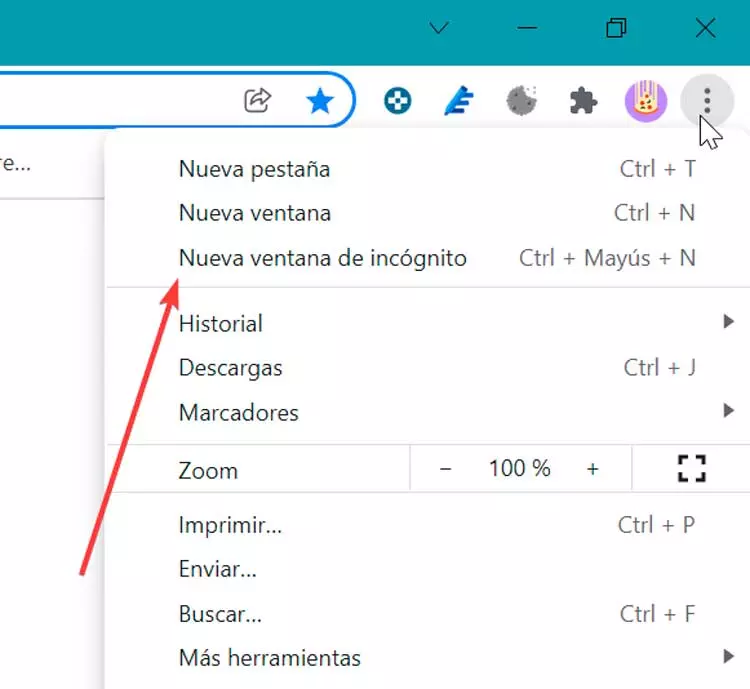
Hackers never stop trying to scam people. Every few days we can see new campaigns of phishing with which they seek to deceive users to get their data. This time, a group of specialized hackers has started a new campaign to steal personal data using Social Security, and a possible refund of money, as the main hook to attract users.
This same weekend, the Citizen Service of the Government warned about this new one that was beginning to circulate through the network. The was based on an email, from an address that apparently corresponds to that of the Social Securityin which it indicates to the user that, after carrying out a series of checks, it has been decided that it corresponds to an additional return of 450 euros.
Attention to the citizenship of @inclusiongob
@incluinfo
🔴🔴🔴Have you received this email?
⚠️It’s a #FRAUD #NoPiques
👉Do you have doubts about any communication, letter, message⁉️ Write us 🖊️
⛔️ DO NOT download any application, or click on the links or attachments.
#phishing
#Ransonware https://t.co/hERACTmFmAOctober 21, 2022 • 12:44
Obviously it is a scam. In addition to the wording, which sounds strange with such forced formality, Social Security does not make additional refunds, much less ask us for personal data to re-enter the money. The goal of hackers is to get hold of our personal and bank details in order to subsequently carry out identity theft and money theft attacks.
If we have received this email, we only have to delete it from the inbox, and we will no longer have to worry. If we have fallen into the trap, we recommend filing a complaint with the National Police as soon as possible so that the possible scam is registered and remedy it as soon as possible, speaking, for example, with the bank.
Another similar attack, in letter and against retirees
In addition to this Social Security scam, another group of hackers is carrying out other types of scams to get hold of all kinds of personal data. This time, using retirees themselves as victims.
To do this, hackers have decided to put aside new technologies and send mass letters by mail in which it is indicated that, in addition to corresponding an increase of 150 euros, the data in the database has been lost, and you must call immediately to update them.
Obviously, it is a scam in which they do not seek anything other than to get hold of the data of the elderly to impersonate identity and steal the money they have in the bank.
How to source phishing
There is no definitive way to stop these types of scams. The only thing that works against this type of computer attack is education in terms of security and common sense. When we receive an SMS, an email, and even a letter as in the previous example, the first thing we must do is try to check at the source if it is true. If it’s something from the bank, go to the bank. If it is Social Security, to the INSS. The same with Treasury, etc.
If we pay attention, there are always spelling mistakes in the emails, or they are written with strange grammar that, from the outset, should make us suspicious.
And, of course, we must avoid always clicking on the links that appear to us, in addition to never downloading and executing any file that we are asked to download.



